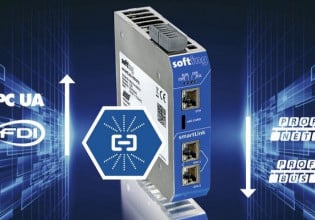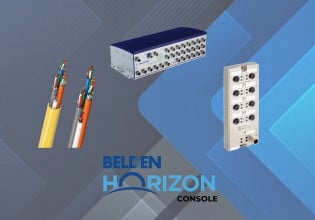hi. i am sending arrays with information from a AC500 master to AC500 slave PLC. and i ran into a problem
my arrays gets mixed up. for example if i send a variable with value 10 integer, i get 2560 in the slave PLC
. if i send value 10 real in REAL_array[3] i get 1.19 in one variable and 7.7 in another one withing the array.
i made sure to set the slave and master plc to little endian. this fixed the arrangements of my string arrays, but that's about it.
what can i do to fix this?
regards
my arrays gets mixed up. for example if i send a variable with value 10 integer, i get 2560 in the slave PLC
. if i send value 10 real in REAL_array[3] i get 1.19 in one variable and 7.7 in another one withing the array.
i made sure to set the slave and master plc to little endian. this fixed the arrangements of my string arrays, but that's about it.
what can i do to fix this?
regards






